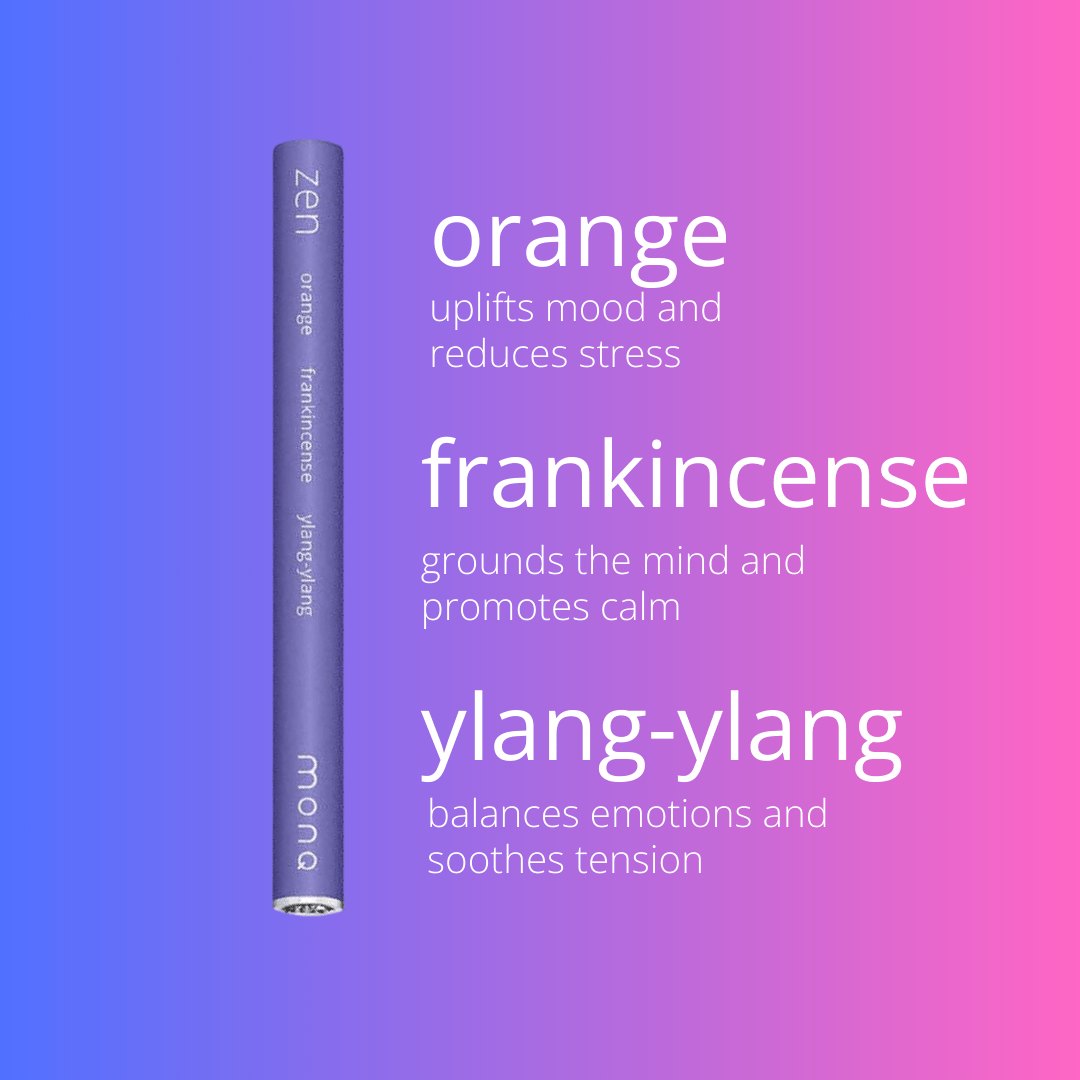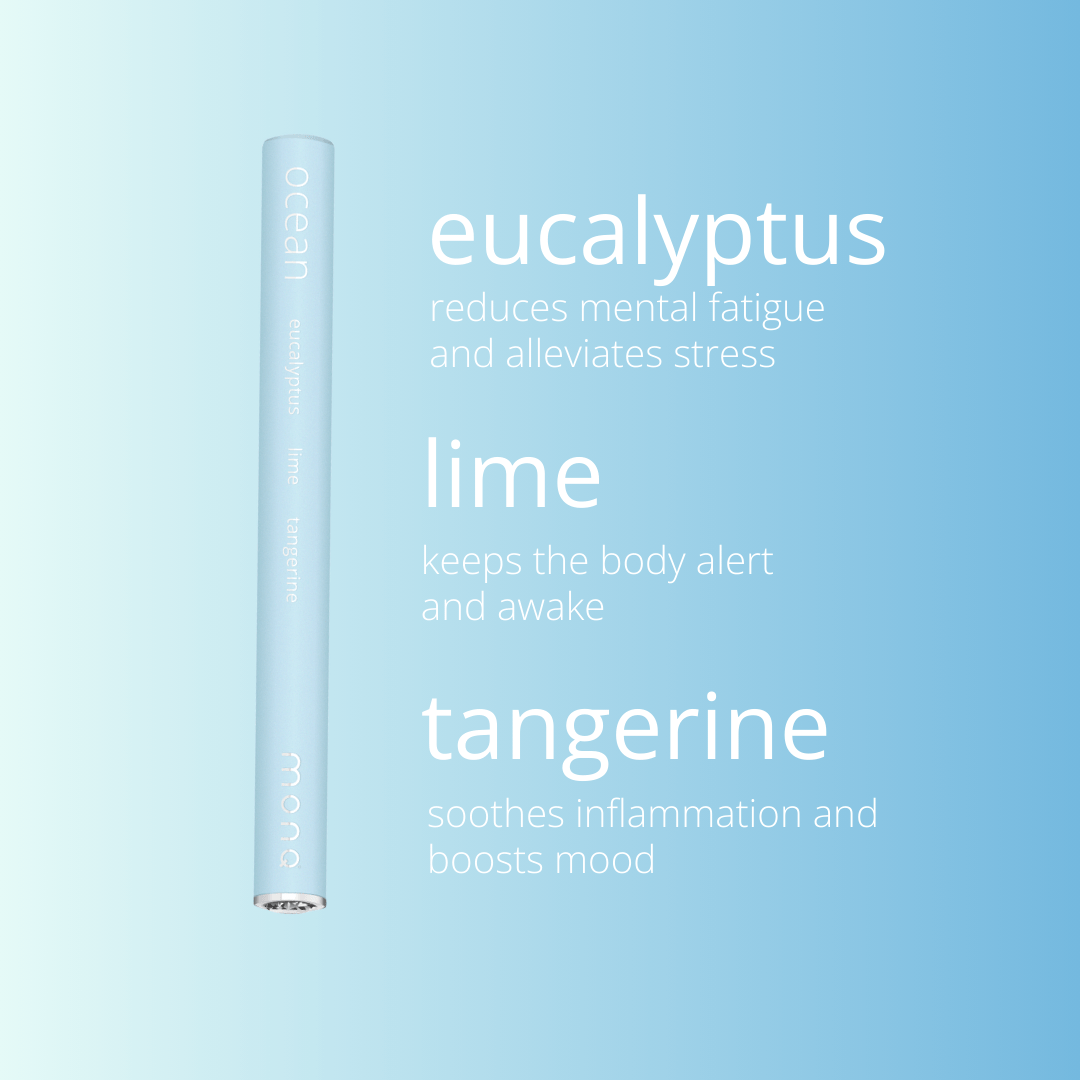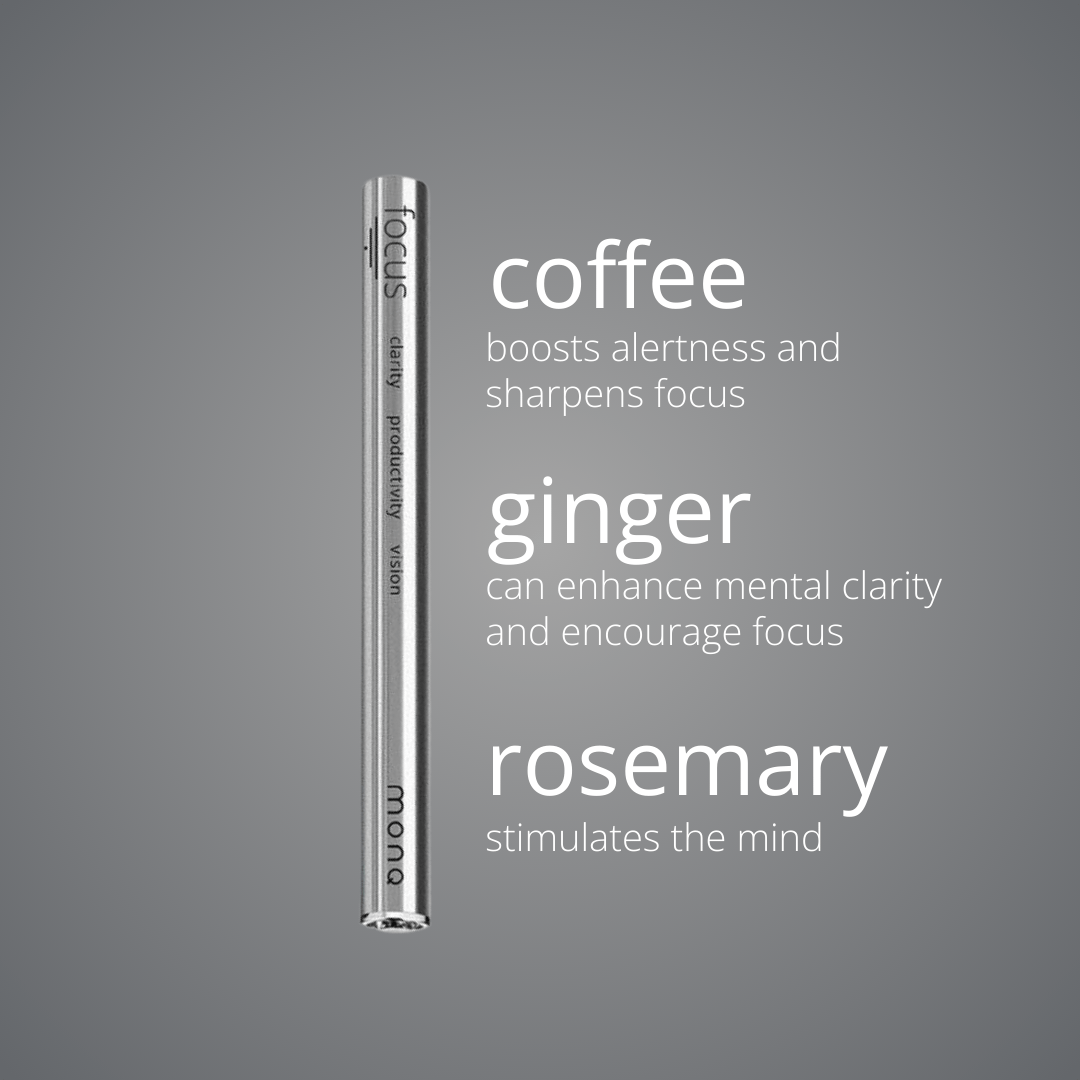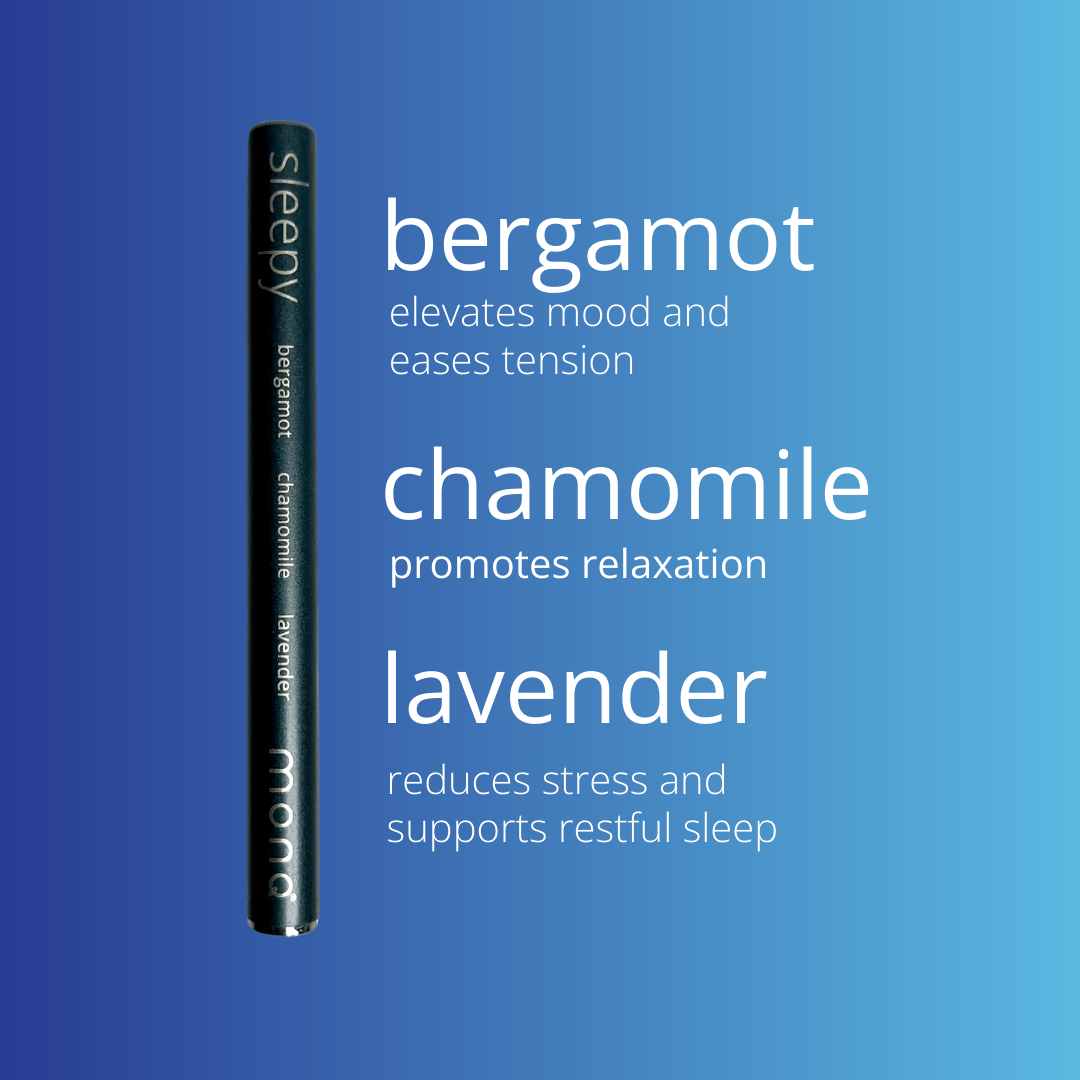The Best Natural Stress Relief?
Fight-or-flight response has been a cornerstone in our evolutionary development, enabling survival against imminent threats. However, the modern environment, which often lacks the life-or-death situations that triggered this response in our ancestors, can turn this survival mechanism into a detrimental force when activated by less critical stressors.
Understanding the Biology of Stress
The adrenaline and cortisol that flood the system during stress responses are, indeed, double-edged swords. While they prime the body for immediate action, their prolonged presence, in the absence of a real threat, can wreak havoc on cellular function. From digestive issues like irritable bowel syndrome to immune suppression, chronic stress touches every system in the body, making it a public health concern.
Factors Leading to Chronic Stress
You aptly categorized the stressors into external, internal, lifestyle, and environmental factors. This broad classification underlines that stress is a multifaceted issue that cannot be addressed by tackling just one dimension. External factors often lie beyond our control, but internal factors such as self-imposed productivity pressure can be moderated. Unhealthy lifestyle choices, like a poor diet or lack of exercise, are further stones that tip the balance towards a stressed state. Environmental stressors, such as urban noise and pollution, can add to the cumulative stress load.
Natural Approaches to Stress Management
1. Nature Therapy: Your emphasis on nature as a remedial force against stress is well supported by research. The notion of 'forest bathing' or 'Shinrin-yoku,' originally a Japanese practice, has gained global recognition for its effectiveness in reducing stress indicators like cortisol levels.
2. Active Lifestyle: Physical activity is another potent combatant against stress. It releases endorphins, which counterbalance the effects of stress hormones.
3. Indoor Nature: As you pointed out, one doesn’t need a sprawling backyard to reap nature's benefits. Indoor plants can not only beautify living spaces but also act as natural air purifiers.
4. Aromatherapy: Essential oils can also act as mini stress relief packages, instantly transporting you to a calming space. While not a substitute for medical treatments, many find aromatherapy a beneficial addition to their wellness routines.
By addressing stress from multiple angles—be it spending time in nature, exercising, cultivating a peaceful home environment, or mindful eating—we can develop a holistic approach to wellness that respects our biological imperatives while adapting to the demands of modern life.
*Disclaimer: The information contained in this article is for educational and informational purposes only and is not intended as a substitute for advice from healthcare professionals.*
Understanding the Biology of Stress
The adrenaline and cortisol that flood the system during stress responses are, indeed, double-edged swords. While they prime the body for immediate action, their prolonged presence, in the absence of a real threat, can wreak havoc on cellular function. From digestive issues like irritable bowel syndrome to immune suppression, chronic stress touches every system in the body, making it a public health concern.
Factors Leading to Chronic Stress
You aptly categorized the stressors into external, internal, lifestyle, and environmental factors. This broad classification underlines that stress is a multifaceted issue that cannot be addressed by tackling just one dimension. External factors often lie beyond our control, but internal factors such as self-imposed productivity pressure can be moderated. Unhealthy lifestyle choices, like a poor diet or lack of exercise, are further stones that tip the balance towards a stressed state. Environmental stressors, such as urban noise and pollution, can add to the cumulative stress load.
Natural Approaches to Stress Management
1. Nature Therapy: Your emphasis on nature as a remedial force against stress is well supported by research. The notion of 'forest bathing' or 'Shinrin-yoku,' originally a Japanese practice, has gained global recognition for its effectiveness in reducing stress indicators like cortisol levels.
2. Active Lifestyle: Physical activity is another potent combatant against stress. It releases endorphins, which counterbalance the effects of stress hormones.
3. Indoor Nature: As you pointed out, one doesn’t need a sprawling backyard to reap nature's benefits. Indoor plants can not only beautify living spaces but also act as natural air purifiers.
4. Aromatherapy: Essential oils can also act as mini stress relief packages, instantly transporting you to a calming space. While not a substitute for medical treatments, many find aromatherapy a beneficial addition to their wellness routines.
By addressing stress from multiple angles—be it spending time in nature, exercising, cultivating a peaceful home environment, or mindful eating—we can develop a holistic approach to wellness that respects our biological imperatives while adapting to the demands of modern life.
*Disclaimer: The information contained in this article is for educational and informational purposes only and is not intended as a substitute for advice from healthcare professionals.*








Leave a comment